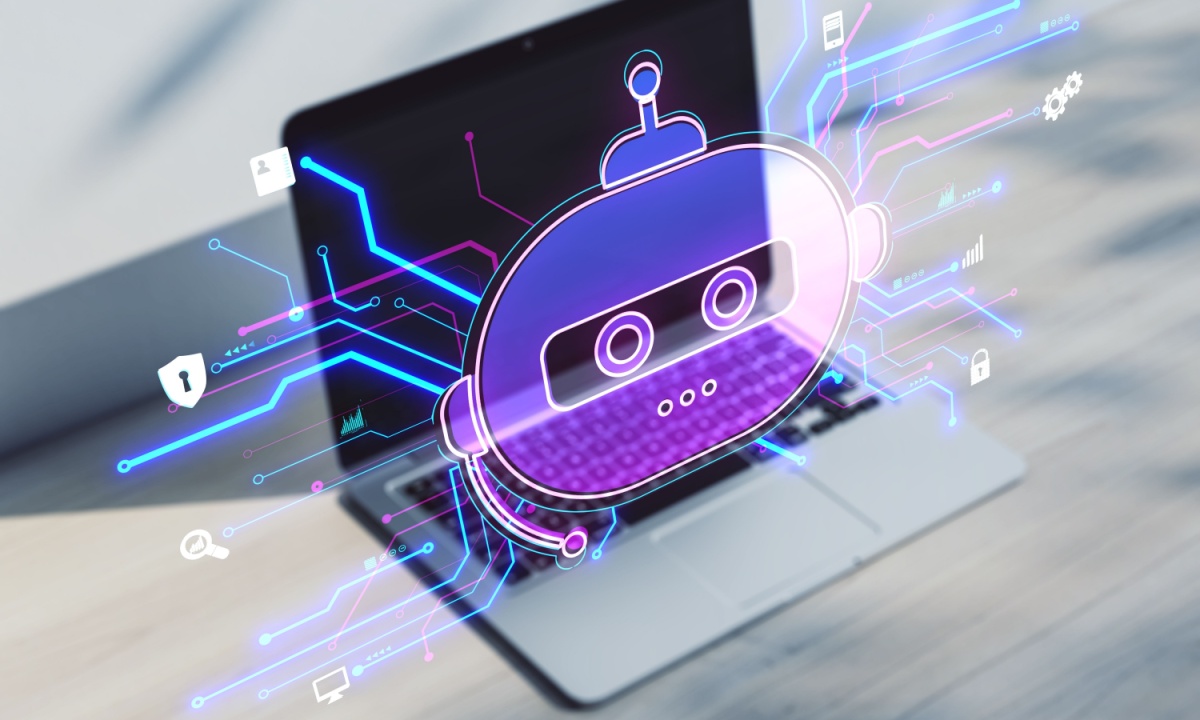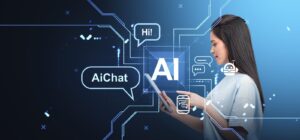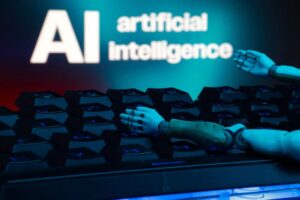AI Startup Mechanize Strives for Complete Work Automation

The Growing Influence of Artificial Intelligence in the Workplace
Will AI Replace Human Workers?
The question of whether artificial intelligence (AI) will ultimately replace human workers in various industries has sparked considerable debate. A recent startup named Mechanize, launched by AI entrepreneur Tamay Besiroglu, puts forward a bold vision that suggests this may indeed happen. Mechanize aims to fully automate the economy by creating comprehensive virtual work environments, with a focus on white-collar jobs.
Mechanize’s Mission and Approach
Mechanize has outlined its mission to develop simulated environments that closely replicate the tasks performed by human workers. In a statement, the company explained, “We will achieve this by creating simulated environments and evaluations that capture the full scope of what people do at their jobs.” This means automating tasks that involve using computers, managing prolonged assignments without clear success criteria, and effectively coordinating with team members—essentially mimicking the complexities of real-world work.
In a more comprehensive business model, Besiroglu estimates that the total market for replacing human labor could reach $60 trillion globally, derived from the annual wages paid to workers. However, he clarified that the company’s immediate priority is on jobs that require cognitive effort rather than those involving manual or robotic labor.
Public Reception and Concerns
The announcement from Mechanize has generated a mix of excitement and skepticism. Critics express concerns that widespread automation could drastically reduce job opportunities for millions. One social media user remarked, “the automation of most human labor will be a huge loss for most humans,” suggesting a deep fear among the public about the ramifications of such extensive technology implementation.
The Competing Views on AI and Employment
Not everyone agrees that AI will spell doom for human employment. David Autor, an economics professor at MIT, presents a contrasting perspective. He contends that AI will typically serve to augment human capabilities rather than render them obsolete. According to Autor, there are fundamentally two viewpoints regarding AI: one that sees machines as making humans irrelevant, and another that envisions machines enhancing human productivity. The latter perspective, Autor believes, holds more promise.
Autor draws parallels from history to reinforce his argument, stating, “Over the last 200 years, we have automated so much of what we do… However, we have made labor more valuable during that period.” He asserts that past innovations have always led to the creation of new jobs and higher productivity levels.
Worker Concerns: A Mixed Bag
Despite optimistic viewpoints from some experts, many workers remain apprehensive about AI’s impact on their job security. Research conducted by PYMNTS Intelligence highlights these anxieties, indicating that 54% of workers view AI as a significant threat to job stability. This concern is not limited to certain sectors; however, variations exist among different professions.
For instance, employees in the tech industry and roles that do not engage directly with customers feel the most vulnerable—with 58% expressing concerns. Conversely, workers in healthcare and education show slightly lower levels of fear, with 48% and 52% respectively believing that AI could jeopardize their job security.
Conclusion
As the conversation around AI continues, the fate of human employment in a world increasingly shaped by intelligent machines remains uncertain. The perspectives of innovators like Besiroglu and practitioners like Autor present a blend of opportunity and caution, leaving the workforce to grapple with a future where AI’s role is rapidly evolving. Whether AI becomes a replacement or a partner in our jobs remains a pivotal subject in the ongoing dialogue on technology and labor.






